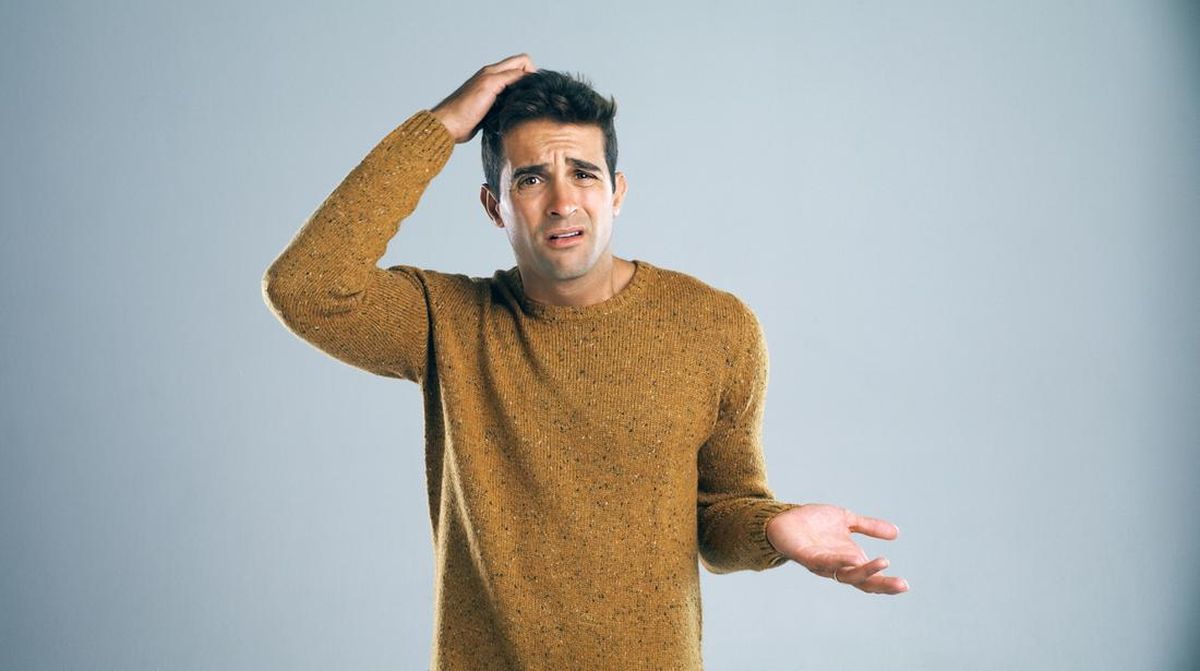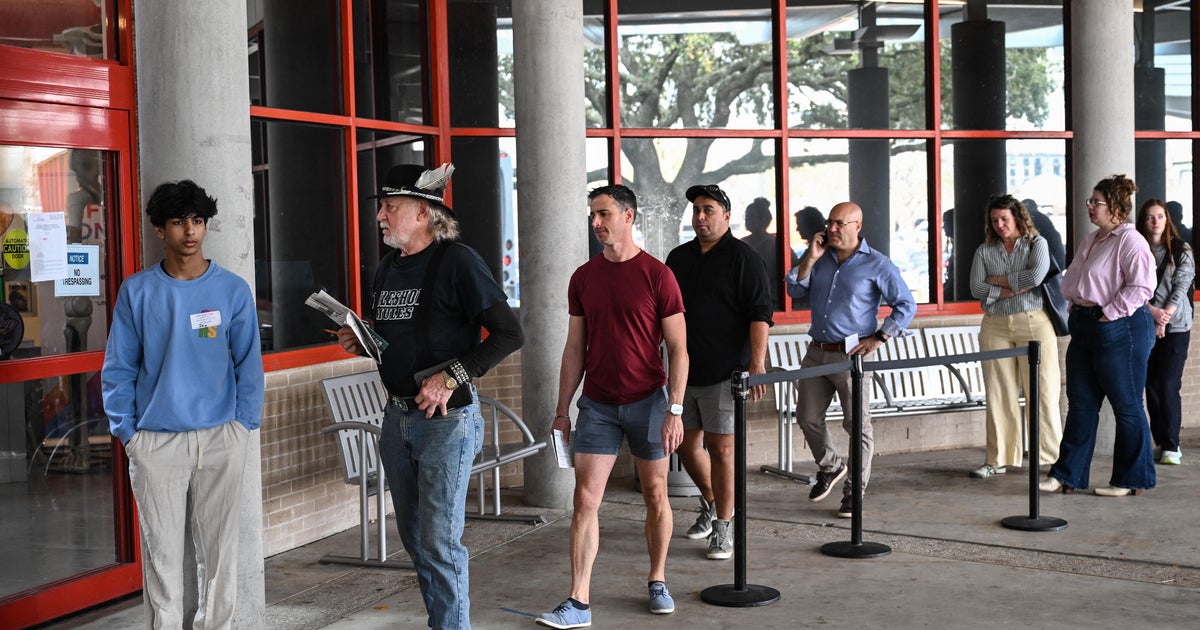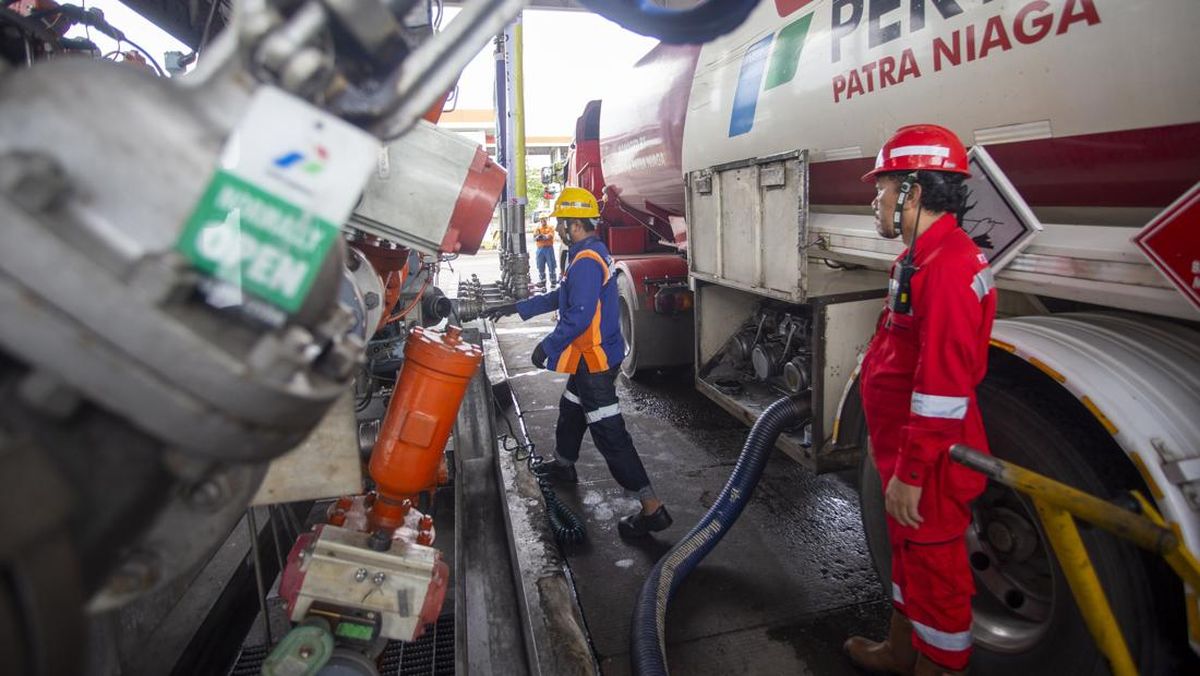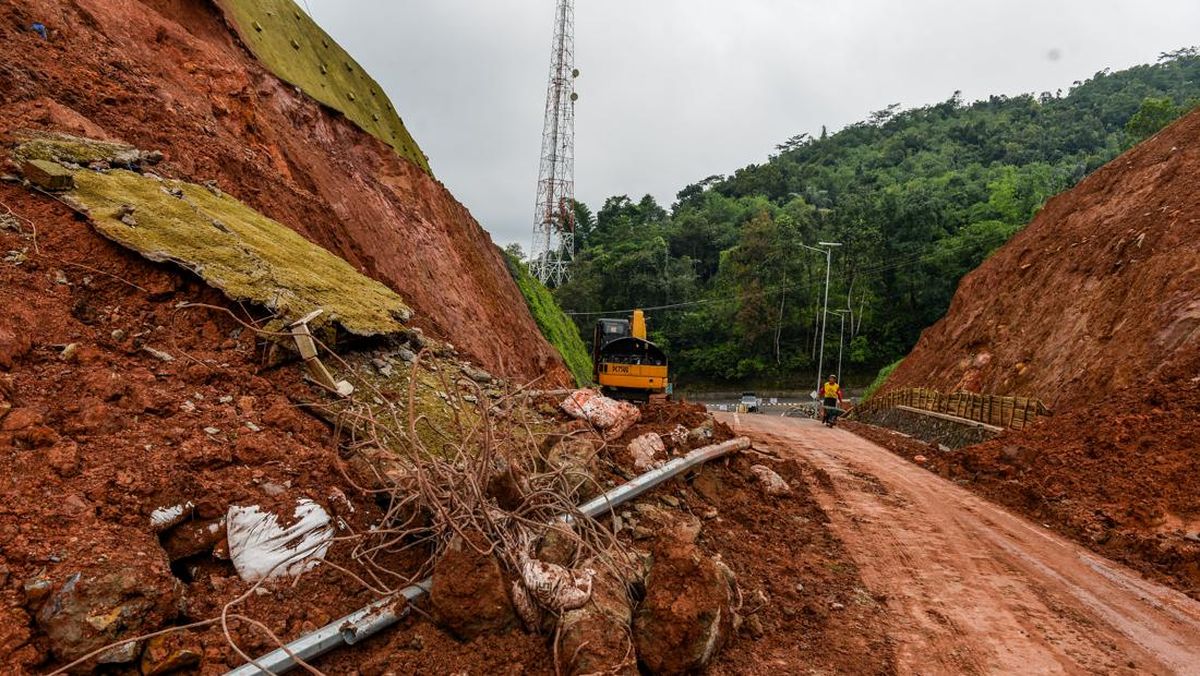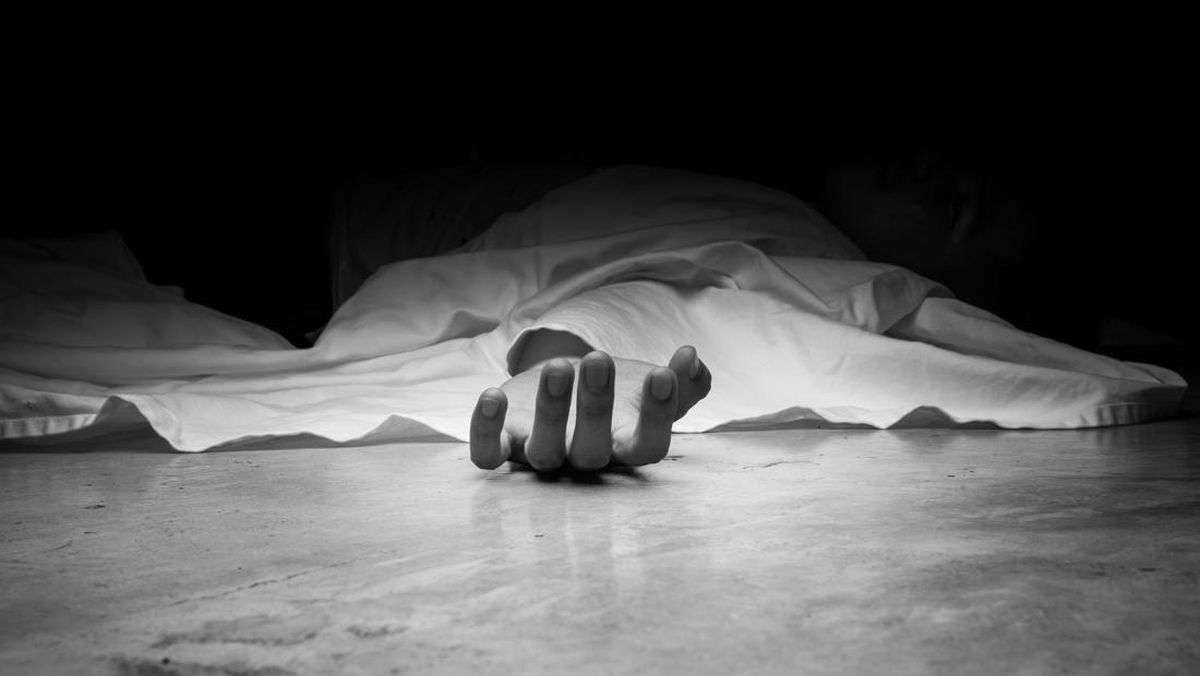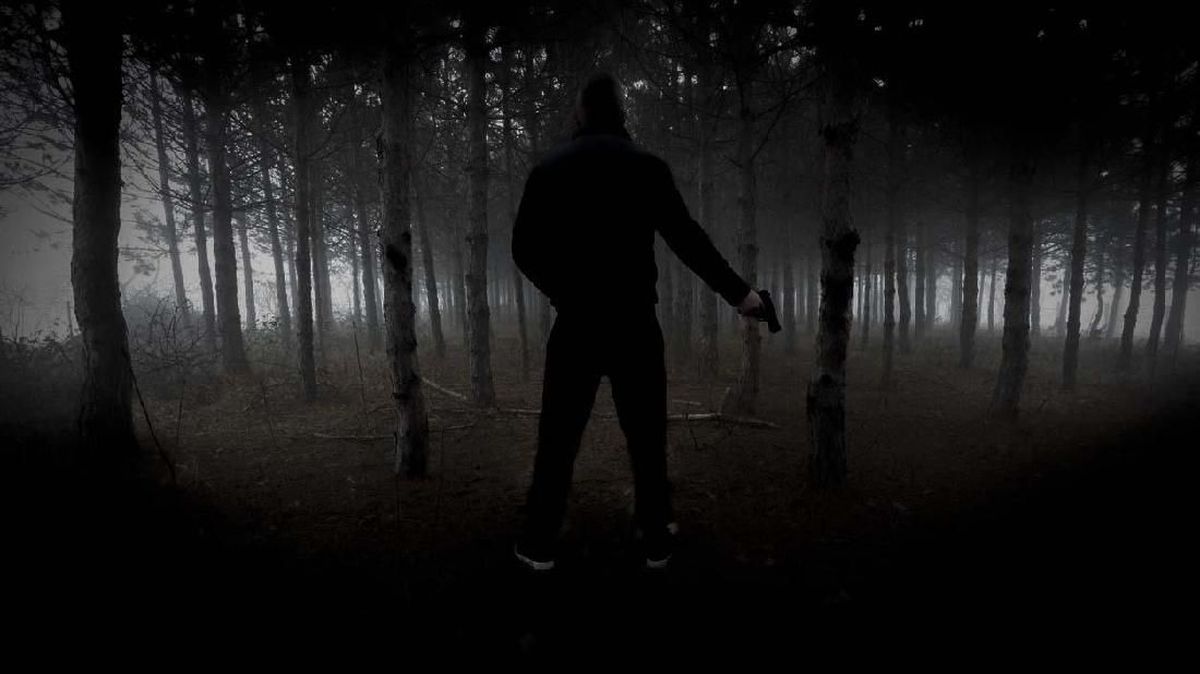Americans' energy bills are piling up, forcing them deeper into debt and even triggering power shutoffs.
As of June 2025, nearly one in 20 households went into collections or fell in arrears on their utility bills, according to a new joint report from The Century Foundation, a progressive think tank, and advocacy group Protect Borrowers. The problem was even more pronounced in parts of the South and Appalachia, where one in 12 households was already in collections or on the verge of it.
In the last three years, the average overdue balance on utility bills climbed from $597 to $789, a 32% jump, the report found.
More Americans are falling behind in their utility payments due to rising energy prices, alongside a jump in costs for other essentials, ranging from child care to housing.
"When we see families unable to pay their utility bills, it raises alarm bells about a crisis of home heating and electricity, but it also raises alarm bells about people's ability to deal with their cost of living across the board," said Julie Margetta Morgan, the president of The Century Foundation.
Residential electricity prices rose by 10.5% between January and August 2025, one of the fastest increases in a decade, government data analyzed by the National Energy Assistance Directors Association (NEADA), an educational and policy organization, shows. Natural gas is still the most popular way Americans heat their homes, although an increasing share are using electricity.
A combination of high interest rates, rising natural gas costs and an increase in demand from data centers has pushed up prices, according NEADA.
The issue will likely come into sharper focus this winter when millions of Americans receive their first rounds of heating bills. NEADA predicts that Americans will see their energy bills rise 7.6% to $976 on average this winter.
More Americans at risk of shutoffs
When people fail to pay their bills on time, it can lead to shutoffs, which is when utility companies turn off a household's power until they pay what's known as a reconnection fee.
Most states have some sort of safeguard against utility shutoffs when the temperature dips below a certain level, but not all. States without cold-weather protection include Alaska, Florida, Hawaii, Kentucky, Nebraska, North Dakota, South Carolina, Tennessee and Utah, according to the Energy Justice Lab, a joint project of Indiana University and the University of Pennsylvania.
Despite these protections, Americans are becoming increasingly vulnerable to power shutoffs, experts tell CBS News.
While no official national count of utility cutoffs exists, NEADA estimates that 3.5 million American households were shut off from power at some point in 2024 based on public data reported by utility companies. That number is expected to swell to 4 million this year, NEADA estimates.
"Past due balances climbing, particularly for lower-income families, suggest that shutoffs are going to become much more prevalent," Margetta Morgan said.
Con Edison, a utility that services New York City and Westchester County, has cut off almost 168,000 customers at some point this year, according to data NEADA shared with CBS News. That's more than five times the number of shutoffs the utility reported last year.
The majority of Americans whose power is cut off regain connection in a few days, according to Mark Wolfe, NEADA's executive director. Still, the shutoffs can create major disruptions to Americans' day-to-day lives as they lose refrigeration, internet and lighting. Pipes can also freeze, and residents could get sick if their apartments get too cold, Wolfe added.
Shutoffs tend to have a bigger impact on low-income households, given they are already stretched thin by everyday expenses, Wolfe said. Many turn to payday lenders, friends and family or state forgiveness plans to cover reconnection costs or overdue bills, he added.
"When money is limited, people have to prioritize essentials like food and medicine, and utility bills become one of the few expenses they can postpone," Wolfe told CBS News. "That flexibility gives them a small sense of control, but it also increases the risk of falling behind and facing shutoffs."
Edited by Aimee Picchi
Soaring electricity bills are squeezing households
How soaring electricity bills are squeezing households
(03:03)

